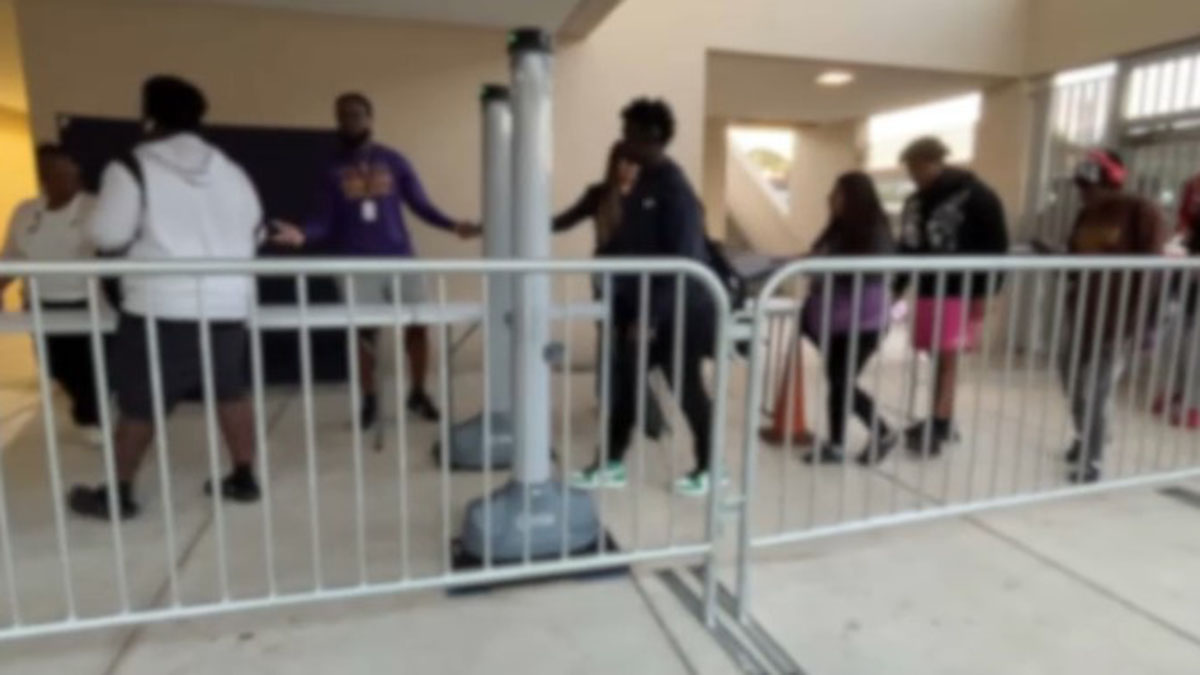When it comes to illegal immigration, President Donald Trump’s tough talk is resulting in action by Immigration and Customs Enforcement officers.
And it’s especially affecting undocumented people with no criminal records.
In Florida and Puerto Rico, the number of undocumented immigrants with no criminal background arrested by ICE in Trump’s first two months in office is 310 percent higher than it was over the same period in 2016.
In 2015 and 2016, about 15 percent of the people ICE arrested in the region between Jan. 20 and March 13 had no criminal background; that share has more than doubled, to 33 percent, under President Trump.
But the statistics, provided by an ICE official, also show the current year’s criminal-noncriminal ratio is almost identical to what it was in 2014 under former President Barack Obama – about a third of those arrested in 2014 and in 2017 were not criminals.
Obama changed ICE priorities for 2015 and 2016, focusing their efforts more on people who have criminal backgrounds.
But Trump’s executive order and a subsequent memo from the Secretary of Homeland Security broadened the mission for ICE agents, giving them to a green light to detain anyone who is in the US illegally.
Local
Impact of the changes has not yet shown up in deportation numbers: about 55,000 people have been deported in the first three months of both 2016 and 2017.
But it takes time for many of those arrested to make their way through the deportation process, immigration lawyers say. So the final result of the renewed enforcement effort may not show up for some time.
But Carolina Maluje, an immigration attorney in Miami, says he has already seen a change in attitude among ICE employees.
“The attitude has been we have a new sheriff in town,” she said, recalling how one client was “badgered” by an ICE officer during an annual check-in, told “they were going to call child services because she came in with her children.” The family was allowed to leave, but Maluhe said it was unnecessarily traumatic.
Another client who she said did not have a deportation order or detainer, was turned over to ICE after he was stopped for speeding, but did not have a license.
He was held for two months before he could get a bond – something she said would have been easier to obtain pre-Trump.
“He’s a family man, has two U.S.-citizen children, has been in the United States almost 20 years, has his own business, owns his own property,” Maluje said.
Reminded that her client was apparently here illegally, she said “there’s still recourse” for such people.
The recourse happens in immigration court, which in Miami is backlogged so badly some people in court this month are being told to come back in August 2018 for their next hearing.



